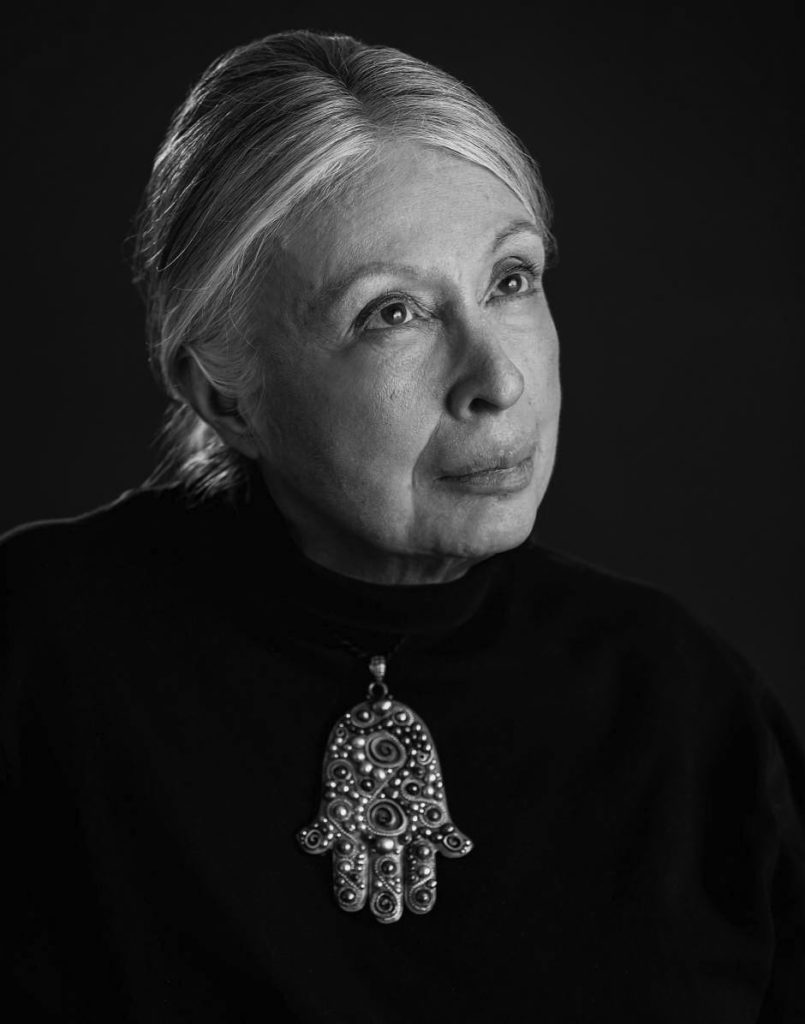Anita Silvers, celebrated philosopher, disability activist and SF State professor of over 50 years, died March 14 of pneumonia. She was 78.
Silvers was known nationally as an advocate for social justice and for people with disabilities. She was a childhood polio survivor and used canes and a wheelchair throughout her adult life, prompting her to fight to make college campuses accessible for those with disabilities.
Silvers taught philosophy at SF State beginning in 1967 and remained active in the University community until the end of her life.
She was a renowned philosopher of ethics and aesthetics and in 1980 was appointed to the National Council on the Humanities by President Jimmy Carter.
“She was a fierce advocate for a lot [of] different things including disability [and] student access,” said Ásta, the associate chair for SF State’s philosophy department. “She was active in protests when the College of Ethnic Studies was formed. All of her advocacy was for other people.”
Peter Radcliffe, who was the president of the SF State College’s Federation of Teachers during the Third World Liberation Front strikes in the late 1960s, said Silvers supported faculty strikes during the protests, which sought representation for communities of color in the classroom.
“She raised funds for us by contacting national organizations that might be sympathetic to the aims of the strike,” he said. “As a result of the fundraising we were able to offer strike pay both to faculty and to teaching assistants.”
Silvers also served on the advisory committee for SF State’s Longmore Institute on Disability, a post she held until her death.
The institute’s associate director, Emily Smith Beitiks, said she was impressed by Silvers’ ability to combine activism with academia in her work.
“She struck me as one of those rare scholars who is so well-versed and able to do this high theory and simultaneously always doing the on-the-ground fighting,” Beitiks said.
Beitiks saw Silvers’ work creating campus accessibility at SF State as a model for other schools.
“So many more people knew about disability and knew to think of it as part of this campus’ social justice mission,” Beitiks said. “[SF State] was really a leader in what access can look like in ways that go beyond the bare minimum.”
Silvers was known to be extremely ambitious in her advocacy work, and she was especially driven by compassion.
“She could commandeer a conversation and at the same time listen to everybody and make it a good experience for all and a positive outcome,” said Bruce Wolfe, who worked with Silvers to fight for greater accessibility on campus and throughout the CSU system.
“You wanted to be on her side. It was hard to go up against her,” Ásta said. “But she was a formidable ally.”
Professor Sandra Rudnick Luft, who taught in the humanities department from 1962 until 2017, marched with Silvers during the Third World Liberation Front protests in the late 1960s. She also taught philosophy courses while Silvers was the department chairperson.
“You couldn’t help but be overwhelmed by her intelligence,” Luft said. “Not just book-learning, but a sensitivity and enthusiasm and energy for whatever she was doing or thinking, and an openness to other people’s ideas.”
Silvers continued serving the University community with the same commitment even after retiring from teaching. Mere days before her death she met with her thesis advisee Theodore Davis for more than three hours to discuss his graduate work.
“She was excited and making plans for the project,” Davis said. “I would describe her as a force of nature.”
Beitiks reflected on Silvers’ pioneering career and impact on the University.
“She came here as a professor with a disability at a time when there was very little in place to think and talk about that,” Beitiks said. “She knew this campus in amazing ways. The institutional memory that is lost with Anita’s passing is quite sad.”







